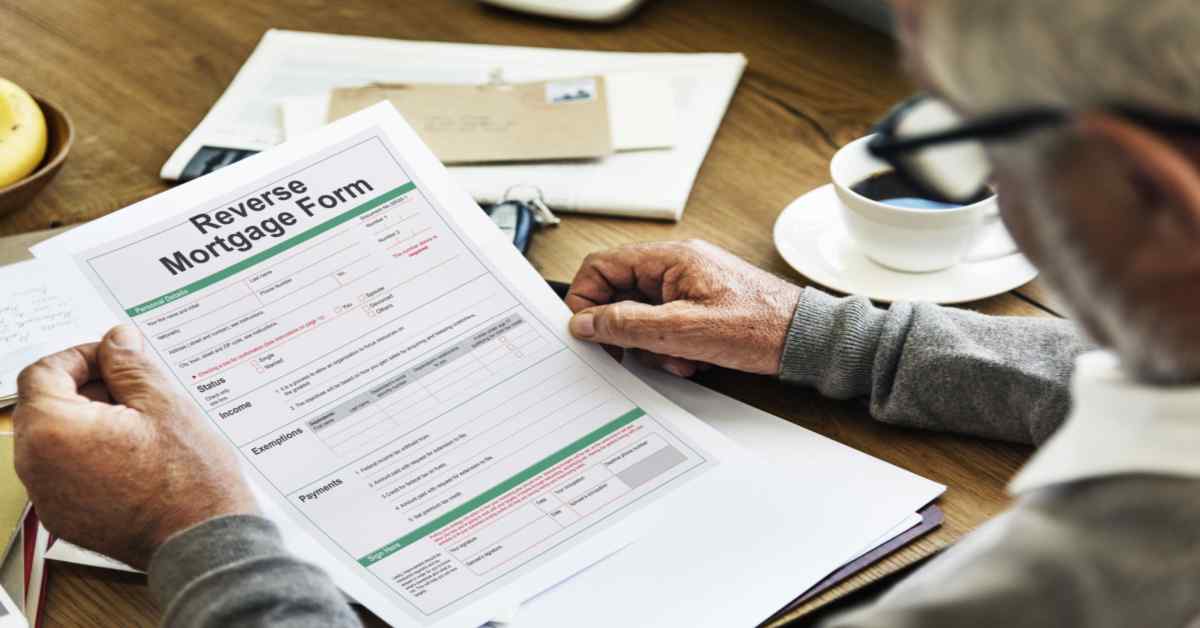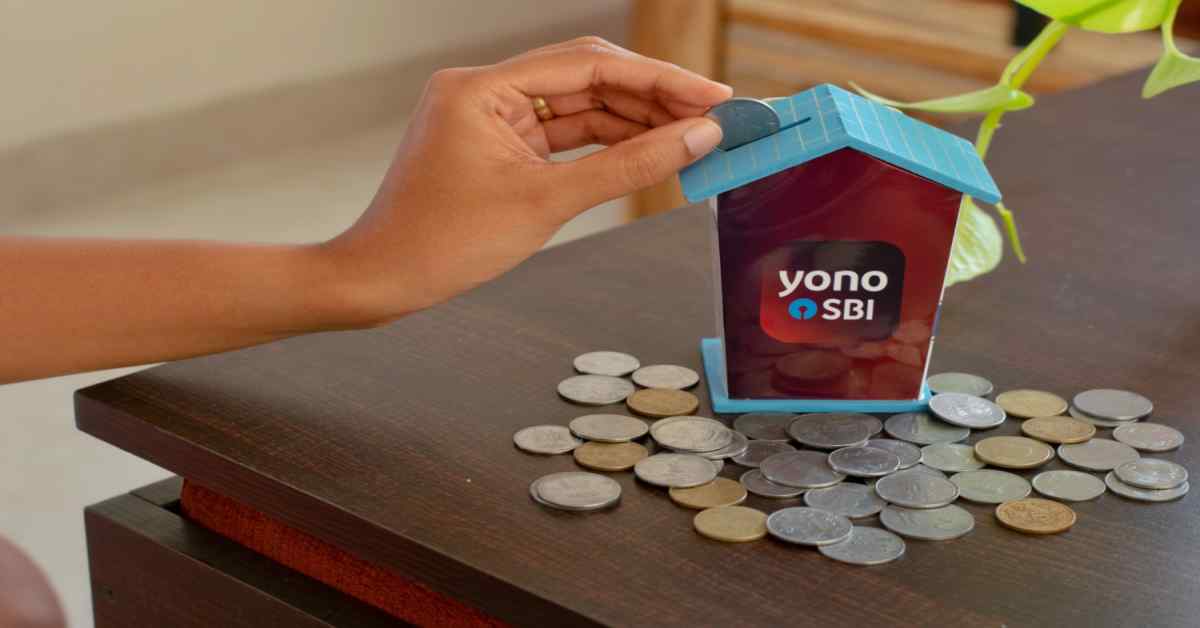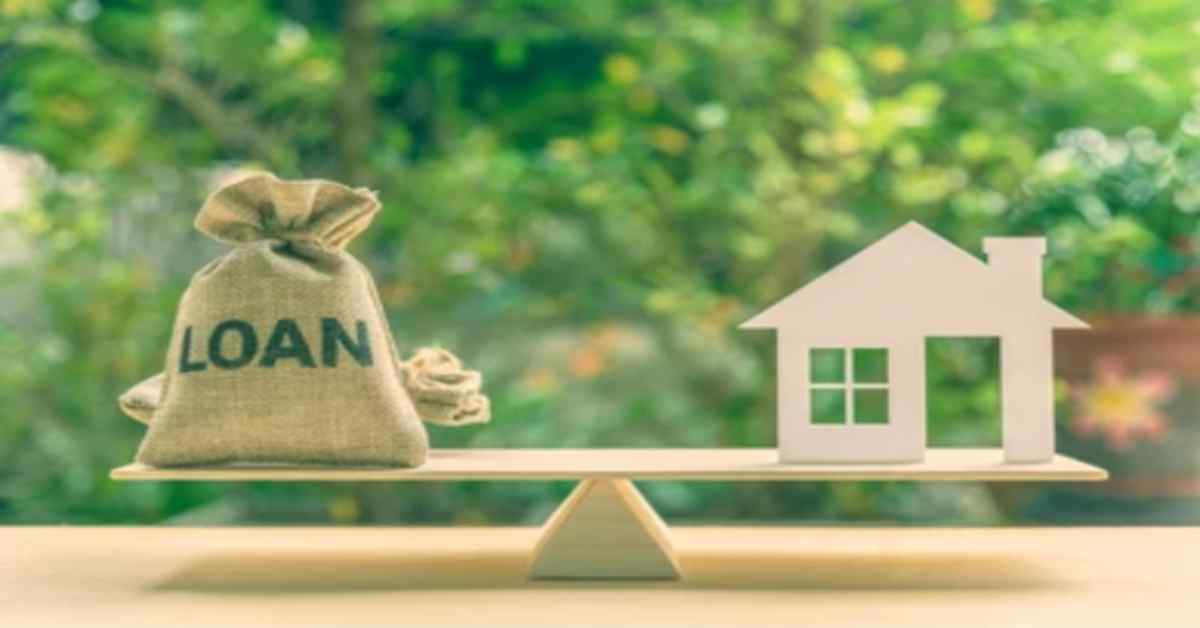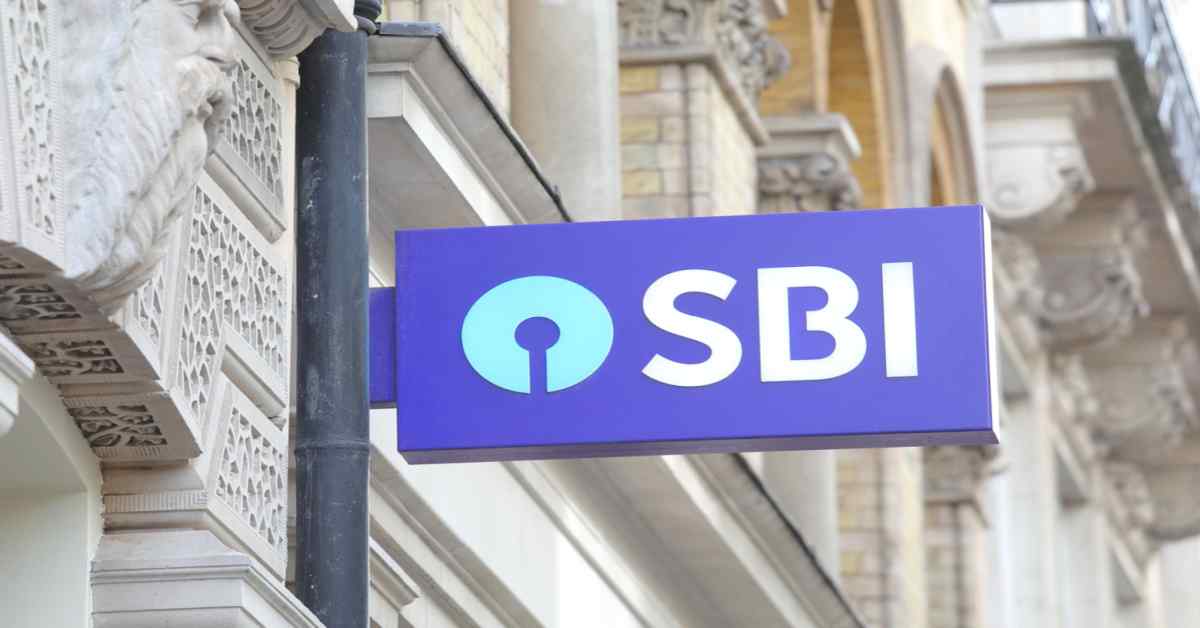Table of Contents
Quality Service Guarantee Or Painting Free

Get a rental agreement with doorstep delivery

Find the BEST deals and get unbelievable DISCOUNTS directly from builders!

5-Star rated painters, premium paints and services at the BEST PRICES!
Loved what you read? Share it with others!


Submit the Form to Unlock the Best Deals Today
Help us assist you better
Check Your Eligibility Instantly

Experience The NoBrokerHood Difference!
Set up a demo for the entire community
Understanding Reverse Mortgage: A Guide for Senior Citizens
Table of Contents
In an era marked by longer lifespans and evolving financial landscapes, securing a stable and comfortable future is a common concern for all. As life gracefully advances, Indian senior citizens seek reliable options to bolster their financial planning. This quest leads us to an innovative solution - Reverse Mortgage Loans.
Tailored to empower senior citizens, these loans hold a pivotal role in reshaping retirement dynamics. By unlocking the equity of the owned property, seniors gain access to a consistent stream of income, providing a cushion of financial stability.
This blog delves into the significance of reverse mortgage loans in the lives of Indian senior citizens, unravelling the transformative potential they hold in supporting a dignified and well-deserved retirement.
Quality Service Guarantee Or Painting Free

Get a rental agreement with doorstep delivery

Find the BEST deals and get unbelievable DISCOUNTS directly from builders!

5-Star rated painters, premium paints and services at the BEST PRICES!
What is Reverse Mortgage?
A reverse mortgage is a financial arrangement designed for senior citizens in India that allows them to convert a portion of the equity in their primary residential property into a regular stream of income or a lump sum payment, while still retaining ownership and the right to live in the property.
Types of Reverse Mortgage
Introducing India's diverse reverse mortgage options: Term Reverse Mortgage, offering fixed monthly income over 10-15 years, and Line of Credit Reverse Mortgage, enabling on-demand access to equity. Tailored choices empower senior homeowners with flexible financial solutions:
Term Reverse Mortgage
A term reverse mortgage is a financial arrangement in which homeowners who are senior citizens can access the equity in their homes to receive a regular fixed monthly income for a predetermined period, usually spanning 10 to 15 years.
This type of reverse mortgage is beneficial for those who prefer a steady income stream over a specific time frame. The borrower retains ownership of the property and continues to live in it during the term of the loan.
Once the loan term concludes, the borrower no longer receives monthly payments, but they can still reside in their home.
Line of Credit Reverse Mortgage
The line of credit reverse mortgage offers senior homeowners the flexibility to access funds from the equity in their homes as and when needed, up to a predefined limit.
This works somewhat like a credit line, where the borrower can draw money whenever necessary, and the unused portion of the credit line remains available. The significant advantage of this type of reverse mortgage is that borrowers can manage their cash flow more efficiently by accessing funds only when required.
Similar to the term reverse mortgage, borrowers still maintain ownership of their property throughout the loan's duration.
Reverse Mortgage Scheme for Senior Citizens: Eligibility Criteria

The reverse mortgage scheme for senior citizens provides an opportunity for elderly individuals to unlock the value of their homes. To qualify, applicants must meet specific eligibility criteria ensuring financial security during their retirement years:
- The age of the applicant must be at least 60 years old.
- The applicant must own a self-acquired and self-occupied residential property in India.
- The residential property must be under the name of the applicant or his/her spouse.
- The residual life of the property should not exceed 20 years.
- The applicant must provide an NOC stating that the property is free of any debt.
Note: The property cannot be a gift or an inherited property.
Reverse Mortgage Loan Interest Rates and Loan Terms
Reverse mortgage interest rates are generally higher than home loan interest rates in India. This is because reverse mortgages are considered to be riskier for lenders, as the borrower is not required to make any monthly payments. If the borrower dies or moves out of the home, the lender may have to foreclose on the property to recoup their losses.
As of August 2023, the average home loan interest rate in India is around 7.5%. The average reverse mortgage interest rate is around 9.5%.
Here are the current interest rates, loan amounts, and tenures offered by various prominent banks in India:
| Bank Name | Interest Rate | Quantum of the Loan | Tenure |
| Union Bank of India | 12.15% p.a. | Up to INR 1 crore | 20 years |
| SBI | 9.15% p.a. | INR 1.50 -2.00 crore | 10-15 years |
| Bank of Baroda | 11.75% p.a. | Contact the bank | Contact the bank |
| Indian Bank | 9.40% p.a. | Up to INR 75 lakh | 15 years |
| IDBI Bank | 10.85% p.a. | Up to INR 2 crore | 20 years |
| Bank of India | 9.50% p.a. | Up to INR 50 lakh | 15 years |
| Axis Bank | 11.00% p.a. | Up to INR 1 crore | Contact the bank |
| Indian Overseas Bank | Fixed Rate of Interest at MCLR +1.00% | Starting from INR 5 lakh | 15 years |
Here are some insights into how reverse mortgage interest rates impact the overall financial picture:
1. Higher interest rates mean less money available to borrowers: The amount of money that a borrower can access through a reverse mortgage is based on the appraised value of their home, their age, and the current interest rate. As interest rates rise, the amount of money that borrowers can access decreases.
2. Higher interest rates mean higher monthly payments: Reverse mortgages typically have a fixed interest rate, which means that borrowers will pay the same amount of interest each month. However, if interest rates rise, the amount of interest that borrowers pay will also rise. This can lead to higher monthly payments, which can be a burden for some borrowers.
3. Higher interest rates mean more interest paid over time: The longer a reverse mortgage is outstanding, the more interest that borrowers will pay. If interest rates rise during the loan, borrowers will pay even more interest. This can have a significant impact on the overall cost of the loan.
Navigating the Terrain: Advantages and Disadvantages of Reverse Mortgages
Let’s navigate the terrain of reverse mortgages, delving into their advantages and disadvantages. By exploring the intricacies of this arrangement, we aim to provide a comprehensive understanding of how reverse mortgages can impact the lives of senior citizens and their families.
Whether seen as a lifeline for financial flexibility or a potential source of complications, the decision to venture into the realm of reverse mortgages requires careful consideration.
Advantages
- Supplemental income: Reverse mortgages can provide homeowners with a source of supplemental income, which can be used to pay for living expenses, medical bills, or other needs.
- No monthly repayments: Reverse mortgages do not require monthly repayments, so homeowners can continue to live in their homes without having to worry about making mortgage payments.
- Retention of home ownership: Reverse mortgages do not require homeowners to sell their homes, so they can continue to live in their homes for as long as they want.
- Tax-free income: The money received from a reverse mortgage is not taxable income, so it will not increase your income tax rate or Medicare premiums.
- Flexibility: There are different types of reverse mortgages available, so you can choose the one that best suits your needs.
Disadvantages
- High-interest rates: The interest rates on reverse mortgages are typically higher than on other types of loans, so you will pay more interest over the life of the loan.
- Early repayment penalties: If you repay your reverse mortgage early, you may have to pay a penalty.
- Reduced inheritance: The money you borrow from a reverse mortgage will reduce the amount of inheritance that your heirs will receive.
- Impact on means-tested benefits: Reverse mortgages can impact your eligibility for means-tested benefits, such as Medicaid and Social Security.
- Risk of default: If you default on your reverse mortgage, you could lose your home.
Tax Benefits on Reverse Mortgage
- The amount received by the borrower under a reverse mortgage scheme is not taxable. This means that the borrower does not have to pay any income tax on the loan amount, whether it is received in a lump sum or instalments.
- The borrower is also not liable to pay capital gains tax on the amount received under the reverse mortgage scheme. This is because the loan amount is not considered to be a capital asset.
- However, the borrower may be liable to pay capital gains tax if the property is sold after the death of the borrower. This is because the sale of the property will be considered a capital asset and the borrower will be liable to pay tax on the capital gains.
Note: The tax benefits only apply to reverse mortgages that are taken out following the Reverse Mortgage Scheme, 2008.
How Can NoBroker Help?
NoBroker offers comprehensive assistance for reverse mortgage loans, simplifying the entire process. Their qualified mortgage advisors provide personalized consultations, evaluating your financial position to determine if a reverse mortgage suits you. With a user-friendly reverse mortgage calculator, they help estimate potential funds.
Through their extensive network, NoBroker connects you with reputable lenders, ensuring competitive options. Moreover, they streamline the intricate paperwork and application process, making the journey towards a reverse mortgage hassle-free and efficient.

FAQ's
A. Senior citizens aged 60 years or above, who own a self-occupied residential property, are eligible for a reverse mortgage loan in India. The property should be free from any encumbrances.
A.The loan becomes due for repayment when the last surviving borrower passes away or decides to sell the property. The borrower's heirs can repay the loan and retain the property or choose to sell the property to settle the loan.
A.The borrower retains ownership of the property and continues to live in it throughout the loan tenure. They are responsible for property maintenance, taxes, and insurance.
A. Generally, reverse mortgage loans are based on the borrower's self-occupied property. If the borrower moves out temporarily, they must notify the lender. If the borrower decides to permanently move out, the loan becomes due for repayment.
A. Senior citizens aged 60 years or above, who own a self-occupied residential property, are eligible for a reverse mortgage loan in India. The property should be free from any encumbrances.
Loved what you read? Share it with others!
Most Viewed Articles

Home Loan Interest Rates for All Banks in November 2024
November 3, 2024
23777+ views

ICICI Home Loan Interest Rates - Updated in November 2024
November 3, 2024
22436+ views

SBI Home Loan Interest Rates - Updated in December 2024
December 17, 2024
20429+ views

Understanding Home Loan Tenure and Why It's Important
August 22, 2022
16041+ views

SBI Home Loan Interest Certificate: Benefits, Offline and Online Options, Get via Yono App in 2025
December 23, 2024
11844+ views
Recent blogs in
IIFL Home Loan Interest Rates: Eligibility, Types, and Documents Required in 2025
December 30, 2024 by Prakhar Sushant
HDFC Home Loan Interest Rates - Updated in December 2025
December 30, 2024 by NoBroker.com
A Comprehensive Guide to Circle Rates in Noida 2025
December 30, 2024 by Kruthi
₹18 Lakh Home Loan EMI With Calculator And Interest Rates 2025
December 27, 2024 by Priyanka Saha
₹50 Lakh Home Loan EMI With Calculator And Interest Rates for 2025
December 26, 2024 by Manu Mausam



Join the conversation!